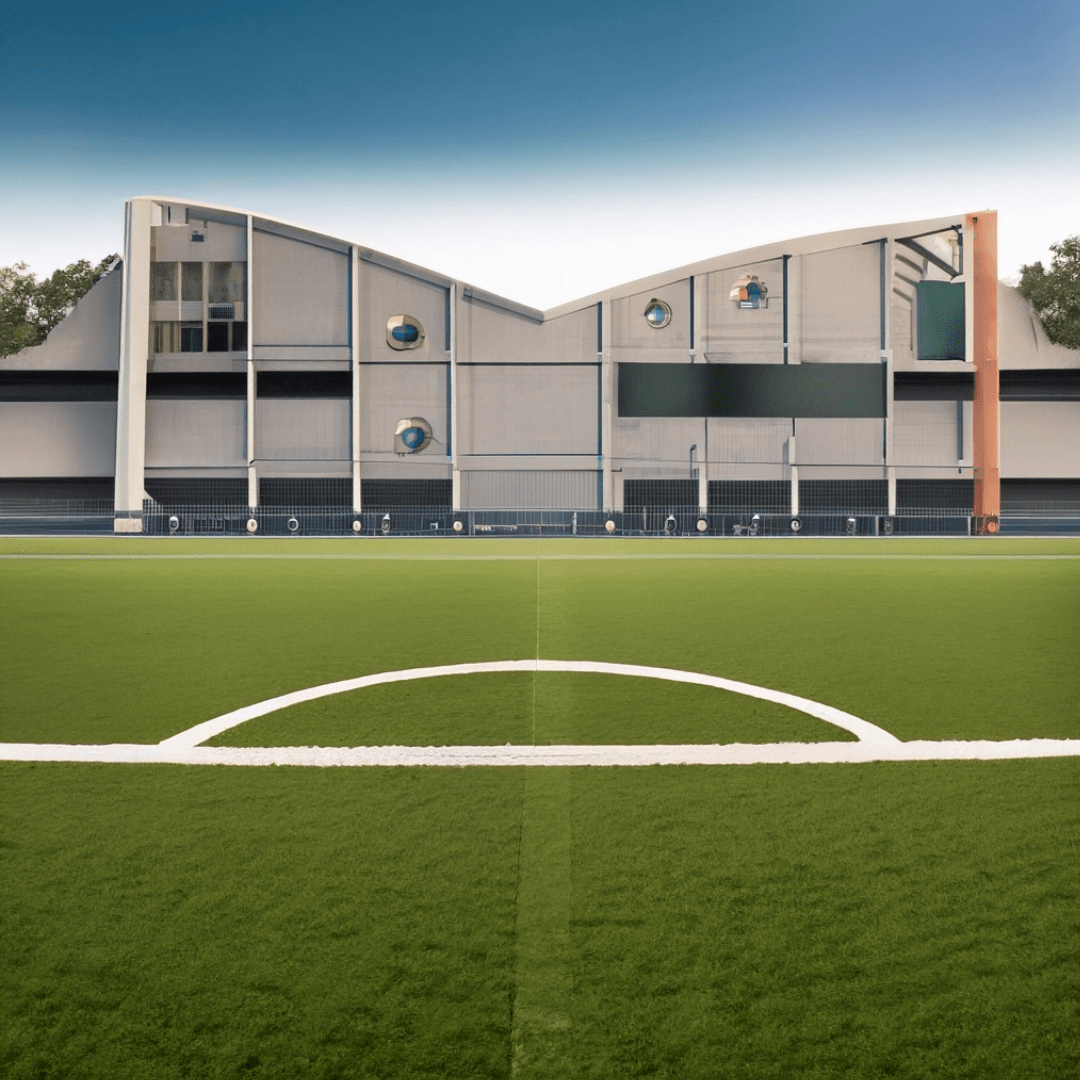Soccer Academy Training Programs: What Works Best?
Effective training programs are the backbone of any successful soccer academy. Understanding what works best in terms of training techniques, methodologies, and overall approach is crucial for the development of aspiring soccer players. This article delves into the key elements that make soccer academy training programs successful.
1. Balanced Skill Development
A comprehensive training program should address all aspects of the game – technical skills, tactical understanding, physical fitness, and mental toughness. Balancing these areas ensures well-rounded player development.
2. Age-Appropriate Training
Tailor training sessions to the age and skill level of players. Younger players benefit from a focus on fundamental skills and enjoyment of the game, while older players require more advanced tactical and position-specific training.
3. Individualized Player Attention
While team development is important, individualized attention can greatly enhance a player’s growth. Personalized feedback and tailored training plans help in addressing specific areas of improvement.
4. High-Quality Coaching Staff
Experienced and knowledgeable coaches are essential. They should not only understand the game technically but also possess the ability to motivate and communicate effectively with players.
5. Competitive Play and Game Simulation
Incorporate regular competitive play and game-like scenarios in training. This helps players apply skills and tactics in realistic situations and prepares them for actual match conditions.
6. Use of Technology and Analytics
Leverage technology for player development. Video analysis, performance-tracking apps, and other tech tools can provide valuable insights for both coaches and players.
7. Focus on Physical Conditioning
Include specialized fitness programs to improve players’ strength, endurance, speed, and agility. Physical conditioning is crucial for performance and injury prevention.
8. Mental Toughness and Psychological Training
Mental strength is as important as physical ability. Include psychological training to help players develop resilience, focus, and a positive mindset.
9. Regular Performance Reviews
Conduct regular assessments to track player progress. This helps in refining training programs and provides players with measurable goals.
10. Creating a Supportive Environment
Foster a positive, supportive environment that encourages learning and growth. A team culture that values hard work, respect, and teamwork is beneficial for player development.
Conclusion
Effective soccer academy training programs are those that provide a holistic approach to player development, combining technical skills, physical conditioning, tactical understanding, and mental training. By focusing on these key elements, academies can create training programs that not only develop skilled soccer players but also instill a lifelong love for the game.

